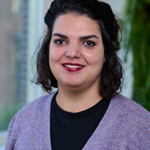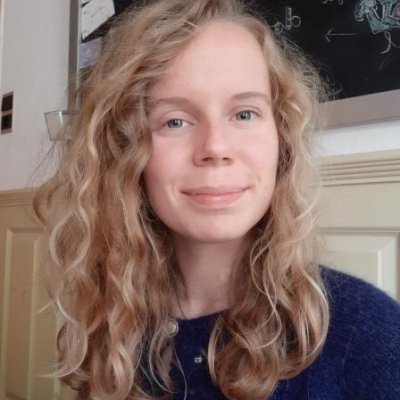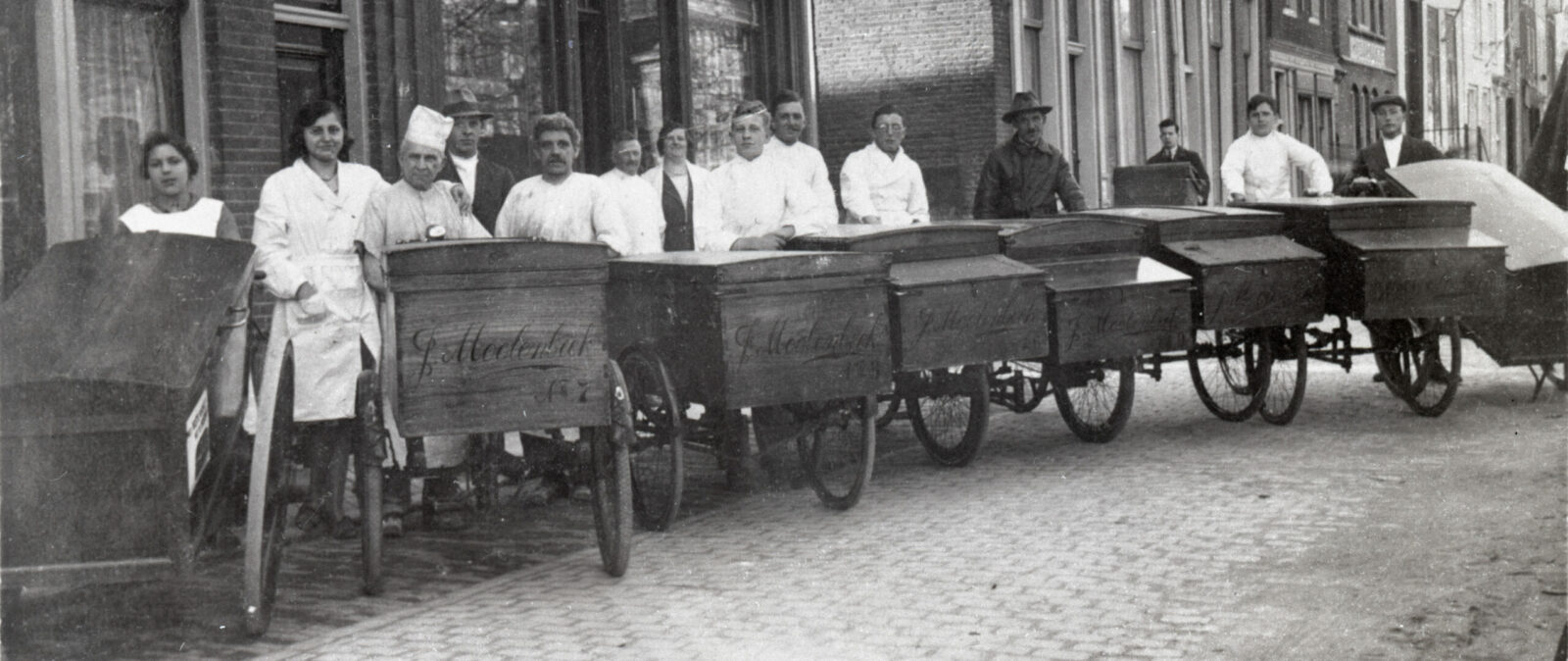PhD Candidates – Cohort 2022
| << to cohort 2021 | >> to cohort 2023 |
 |
Suzan Abozyid (Leiden University) Dilemma’s of doing diversity: diversity policies and practices since 1945 |
 |
Mesfin Abraham Ali (Wageningen University & Research) Education and human capital formation in Ethiopia and Rwanda (part of project South-South divergence. Comparative histories of regional integration in Southeast Asia and sub-Saharan Africa since 1850) |
 |
Jens Aurich (University of Amsterdam) Innovating around resistance: collective labour action and technological change (1750-1950) |
 |
Silke Baas (Utrecht University) The historical development of gender occupational segmentation and stereotyping of medical specializations, 1950-2020 |
 |
Lise Bevernaegie (Vrije Universiteit Brussel) How inequality kills. Two centuries of social and spatial disparities in all-cause and cause-specific mortality in Belgium (1800-2025) |
 |
Cécile Bruyet (University of Antwerp) Food from somewhere? Urban households, access to land and alternative food entitlements in the late medieval city |
 |
Jamel Buhari (Leiden University) African LGBTQ+ migration (part of project Horizon 2020 – ITHACA. Interconnecting histories and archives for migrant agency: entangled narratives across Europe and the Mediterranean region) |
 |
Martijn Collijs (Ghent University) Where did people live? A social topography of early modern Ghent |
 |
Matteo De Vuyst (Ghent University) Outsiders and the law. Uncovering criminal justice trajectories in nineteenth-century Belgium |
 |
Sieben Feys (Ghent University) Seigneurial lordship in the Duchy of Brabant (c. 1350-1550) |
 |
Klaus Fonseca Hoeltgebaum (Wageningen UR) Causes and consequences of the 1877-1879 drought and famine in Northeast Brazil |
 |
Claudia Hacke (Utrecht University) A historical lens on family firms and gender equality in the Netherlands, 1900-2020 |
 |
Tsu-Yi Dylan Hsu (VU Amsterdam) Chinese business under Dutch Colonialism: the case of Taiwan and South Maluku, the first half of the 17th century |
 |
Bram Hulshoff (Wageningen UR) The political economy of FDI and government loans in Southeast Asia and sub Saharan Africa, 1930-2010 |
 |
Reinder Klinkhamer (Ghent University) The economics of seigneurial lordship in the northern Low Countries c. 1350-c. 1650 |
 |
Marin Kuijt (University of Amsterdam) / Colonial carbon: how empire shaped the Dutch fossil-fuel sector |
 |
Francesca Lemmens (Vrije Universiteit Brussel) Dietary advice on meat and dairy (1920s-2020s): science, confusion, power, and impact |
 |
Markéta Malá (Charles University (Prague)) FDI and its role in shaping the MNE-state relationships and policies (case study of the Czech Republic) |
 |
Sam Miske (VU Amsterdam) Land grabbing in Southeast Asia: company, conquest, and indigenous power |
 |
Philippe Paeps (Ghent University) Cancer and inequality. Belgium 1800-2025 |
 |
Lora Pannekoucke (University of Antwerp) Epidemics and inequalities in social policymaking: the framing of epidemics as a problem of poverty in nineteenth century Belgium |
 |
Lexy Remij (Erasmus University Rotterdam) Historical tensions between international business and national taxation |
 |
Aaron Roberts (Utrecht University) Cooperation, cooperatives and development (SCOOP-project) |
 |
Maite de Sola Perea (University of Antwerp) Business finance and development of financial markets in Belgium in the 19th century |
 |
Nelleke Tanis (University of Antwerp) The social history of finance: coping with crisis |
 |
Boike Teunissen (University of Groningen) Geboren met de zilveren lepel? Verwantschap, agency en sociale continuïteit in een Friese middenklasse familie, 1750-1950 |
 |
Leen Van Hirtum (Ghent University) Agricultural development and the Belgian Congo: L’Institut National pour l’Etude Agronomique du Congo belge |
 |
Matthias Van Laer-De Gezelle (University of Antwerp) The hisfindex : measuring financial inclusion in twentieth-century Belgium |
 |
Chris Vlam (Utrecht University) The associative order in the Netherlands: an historical analysis of its development, functioning and well-being effects. |
 |
Ivana Zečević (University of Groningen) White Sisters, and changes in nursing and child-rearing practices in East Africa, 1890-today |
| << to cohort 2021 |


